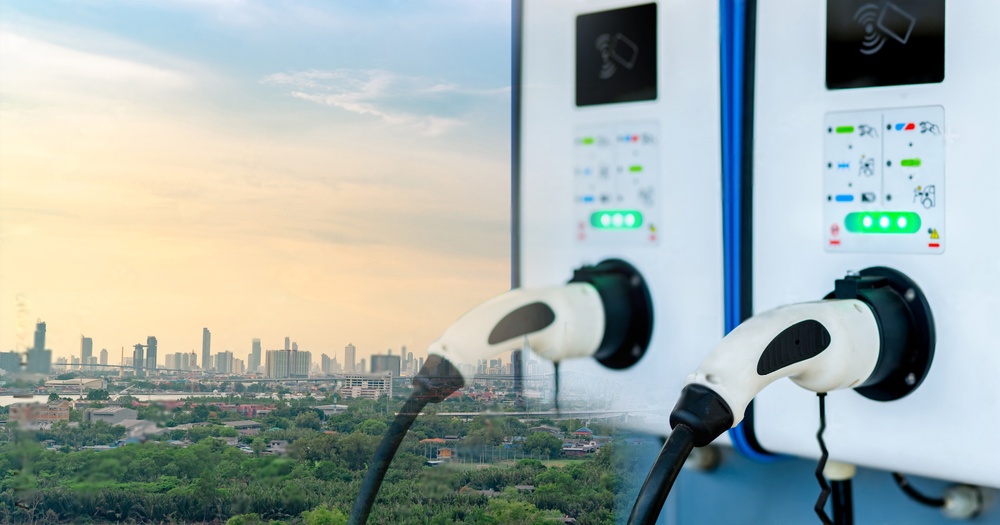New Zealand’s Energy Efficiency & Conservation Authority (EECA) has officially launched the latest round of funding under its Low Emission Transport (LET) initiative. The focus of this funding cycle is on the establishment of public Electric Vehicle (EV) charging hubs across the country.
Called the ‘LET: Public EV Charging’ Request for Proposals (RFP), the initiative invites applications from all organizations capable of delivering EV charger hubs. According to EECA, these hubs can be a single site featuring multiple fast chargers or a network of sites offering a substantial number of fast chargers within a specific area.
EECA is keen on strategically locating these charging hubs in highly visible locations near the highway network. Furthermore, the authority recommends that these hubs be constructed in close proximity to essential customer services such as cafeterias, food outlets, and restrooms. The emphasis is on enhancing the overall experience for EV drivers, making it more convenient and appealing.
Accessibility is a key criterion for the proposed charging hubs, with EECA encouraging applicants to ensure multiple payment options for EV users. This move aligns with the broader goal of making EV charging infrastructure not only readily available but also user-friendly, addressing potential barriers to widespread EV adoption.
This recent funding opportunity builds upon the heels of last week’s announcement regarding the first batch of public charging hubs set to receive co-funding from the LET fund. By co-funding these projects, EECA aims to bolster the convenience and availability of charging infrastructure throughout New Zealand, staying ahead of the rising demand for sustainable transportation options.
Organizations interested in contributing to the growth of New Zealand’s EV charging infrastructure can submit their applications for the ‘LET: Public EV Charging’ fund until 12 p.m. on November 15, 2023. EECA encourages innovative proposals that align with their vision of a sustainable and accessible EV charging network.
Did you find this article interesting? Give it a ‘like’ by clicking the ‘heart’ button above.


















